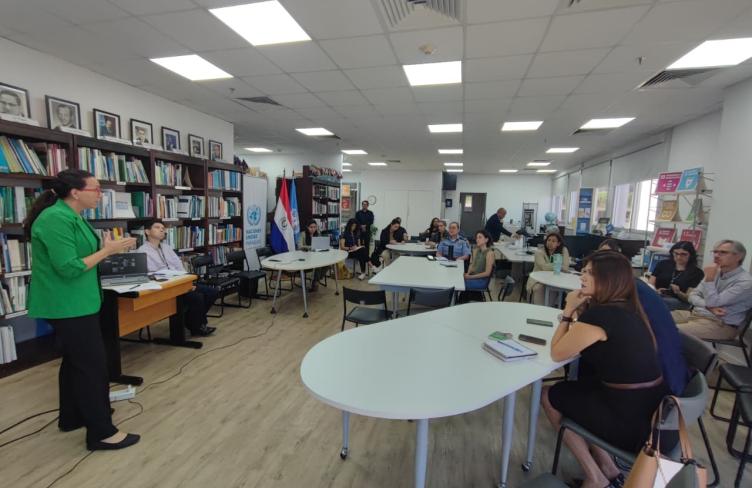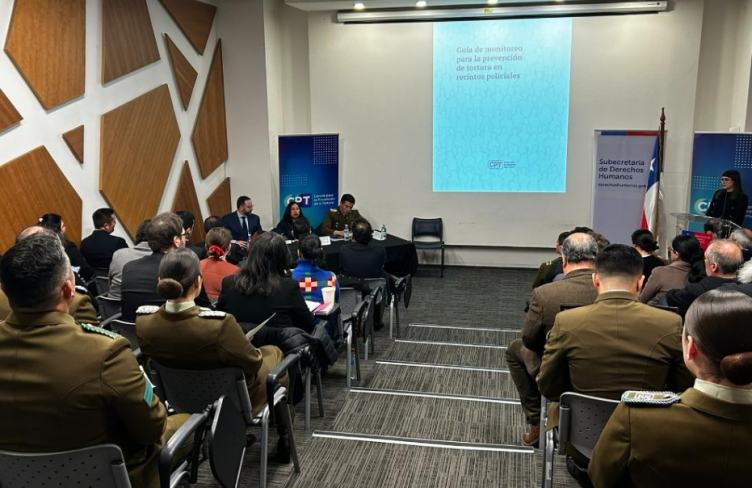
During its latest mission to the country, the APT teamed up with the Law Faculty of Payap University in Chiangmai, which will work to promote public awareness of key detention safeguards and support national efforts to reduce the risks of torture and ill-treatment in the first hours of police custody. The new collaboration will involve developing tools and materials for various constituencies.
There is strong evidence that the risks of torture and ill-treatment are higher in the first hours of following arrest, and that strong procedural safeguards can reduce these risks. Although the Thai criminal justice system guarantees most of these key safeguards, a wide gap remains between the law and in practice, as pointed out in the baseline research study that kicked-off APT’s three-year project in the country.
The baseline study found that the citizens’ unawareness of their rights was one of the main barriers to the effective implementation of the law. APT’s partners, which include the Rights and Liberties Protection Department (RLPD) under the Ministry of Justice, the National Human Rights Commission and civil society organisations, therefore reiterated the need to empower the public with knowledge of, and ability to access their rights, while raising the authorities awareness about the importance and benefits of effectively implementing these key detention safeguards.
The new agreement APT reached with the Law Faculty of the Payap University to collaborate on the development of tools and materials aims to pursue both these objectives. The tools will range from materials for schoolchildren and legal aid centres to a mobile application for authorities, and will be piloted in Chiangmai next year, building upon the faculty’s robust engagement with the local communities.
The collaboration with Payap University will not only broaden the project’s outreach beyond central and southern Thailand, but also further enrich APT’s on-going cooperation with other partners under the project. This includes the development, by the RLPD’s Subcommittee on Torture Prevention and Education, both of a training handbook for law enforcement officials on how to prevent torture, and of related guidelines aiming to strengthen the authorities’ capacity to efficiently implementing safeguards.
As a symbol of cooperation, APT presented Dr. Sanyalux with a painting made by a prisoner who is part of Thailand's Cross Cultural Foundation art programme.
Dr. Sanyalux shows APT staff the programme the Law Faculty developed on children rights in cooperation with local institutions. As the first Law Faculty in Chiangmai, its strong engagement with local community on such issues is also why APT wants to collaborate.
This agreement is part of a three-year project made possible thanks to the generous support of the Geneva Canton and designed to support the implementation of key procedural safeguards during the first hours of police custody. The project, which also involves close cooperation with Rights and Liberties Protection Department (RLPD) under the Ministry of Justice, was launched in May with the development of a comprehensive baseline study aiming to identify the main barriers to the effective implementation of three focus safeguards – information of the detainee on his rights, notification of a relative upon arrest, and access to a lawyer.


